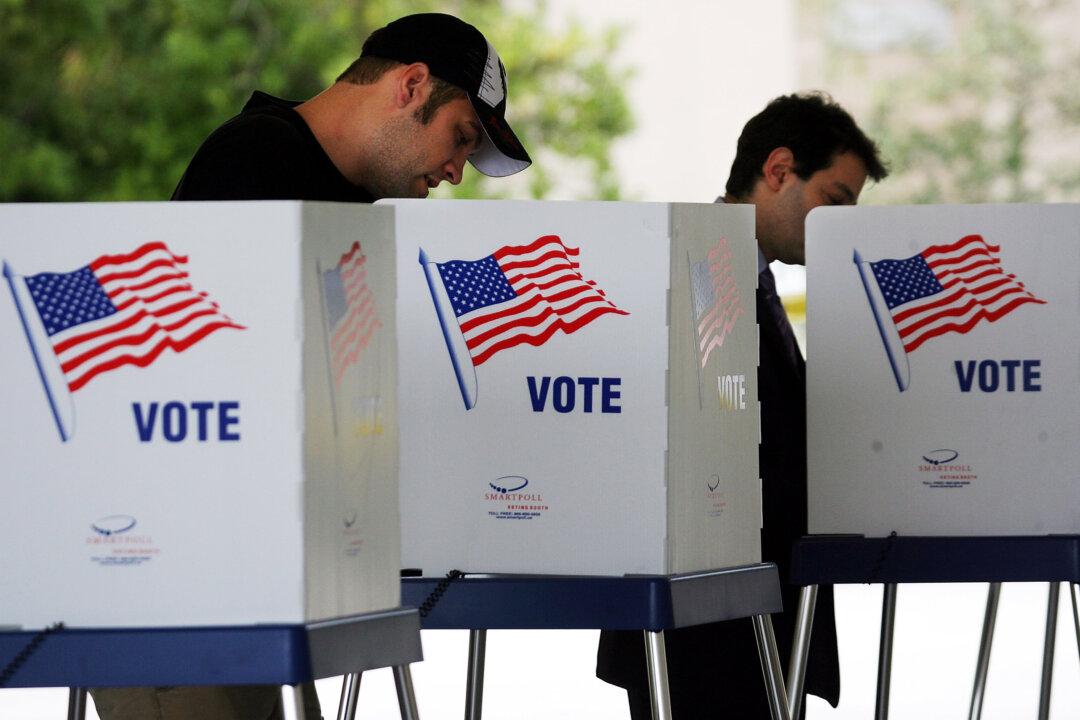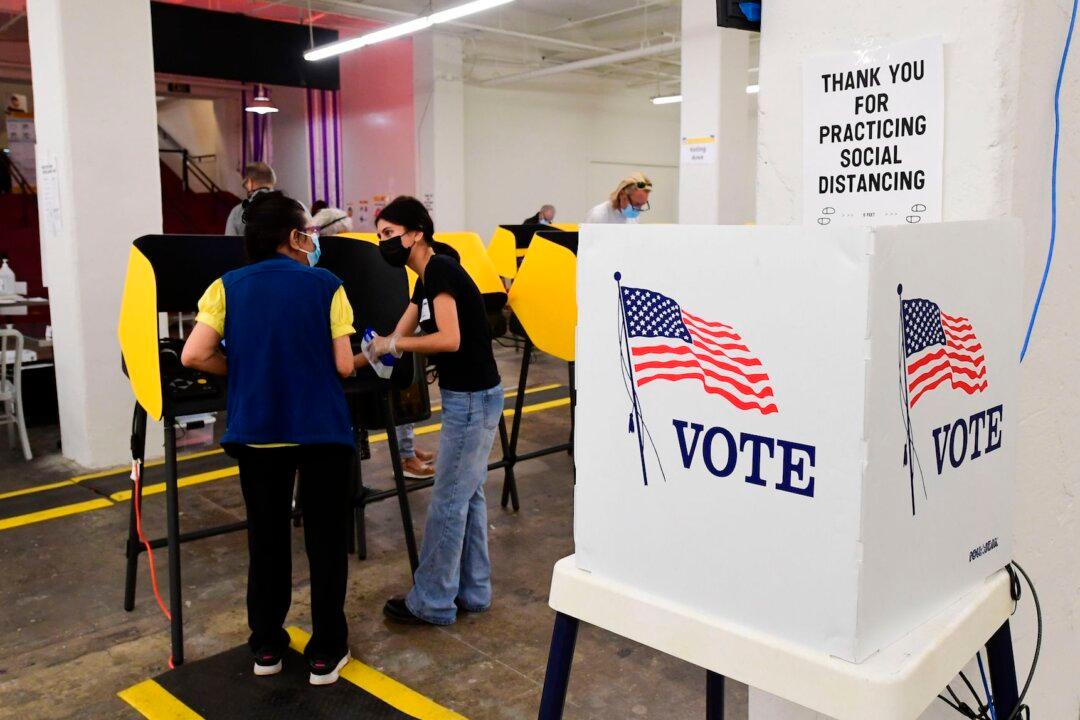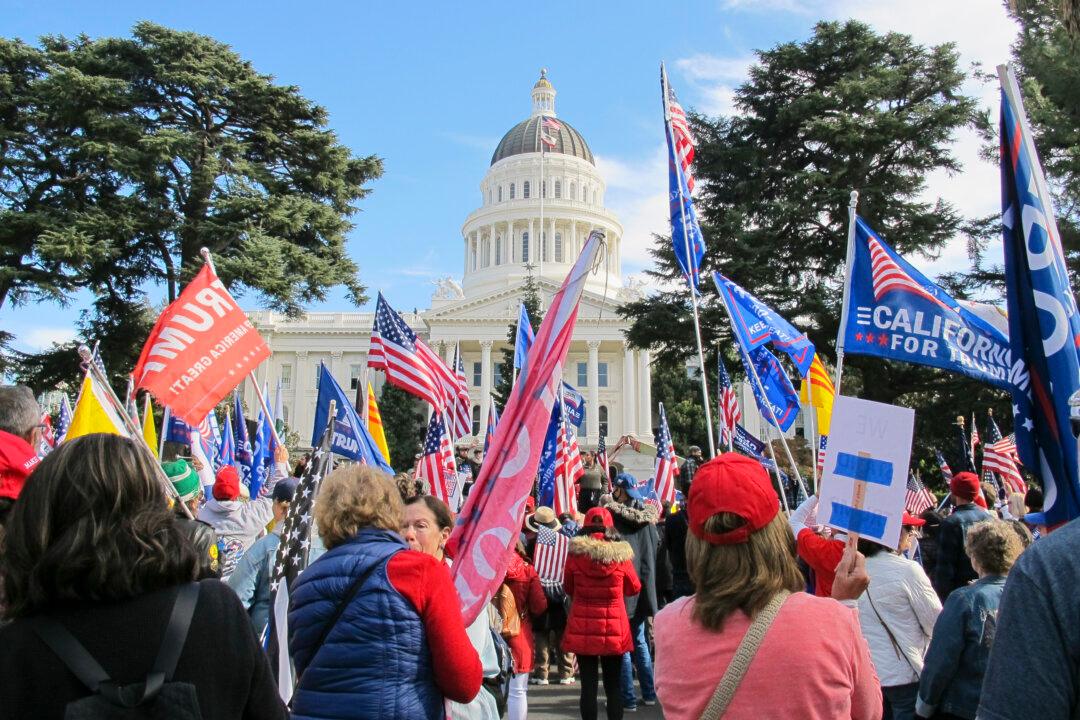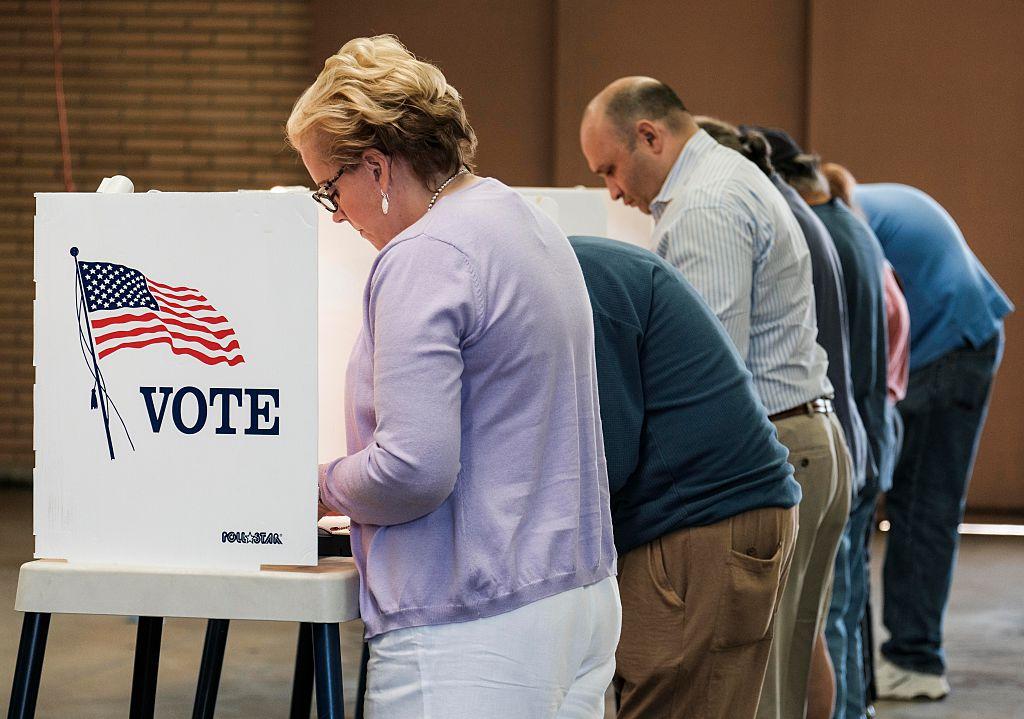The Supreme Court is expected to render a decision this month on an Arizona case heard on March 3 that will determine how the nation will proceed on state laws concerning elections. At issue is how provisional ballots will be cast on Election Day nationwide and the legality of anti-ballot harvesting state laws.
Arizona has state provisions that discard provisional ballots cast by individuals who appear at a polling site on Election Day when they are not listed on the precinct’s voting rolls and were later found to have gone to the wrong location. Arizona also bans ballot harvesting by party activists or get-out-the-vote activists that collect mail-in ballots at the homes of voters and deliver them in bulk to election offices.



